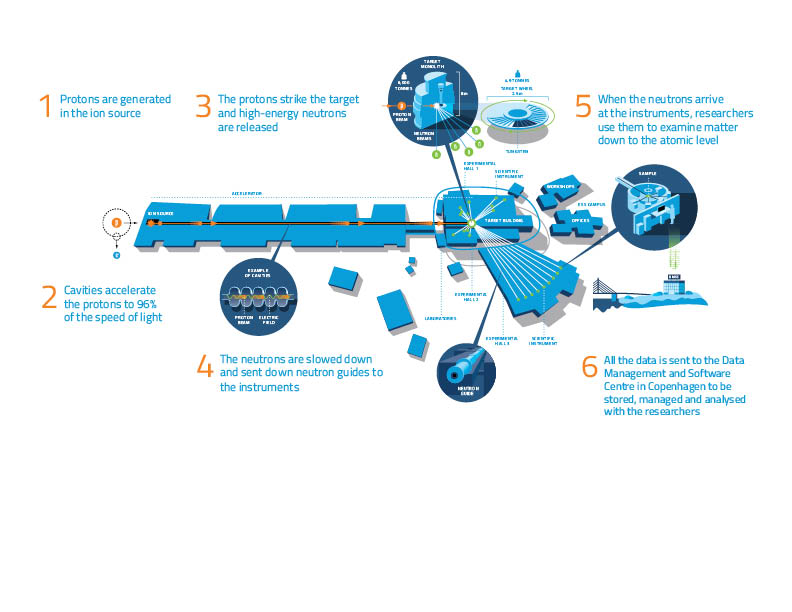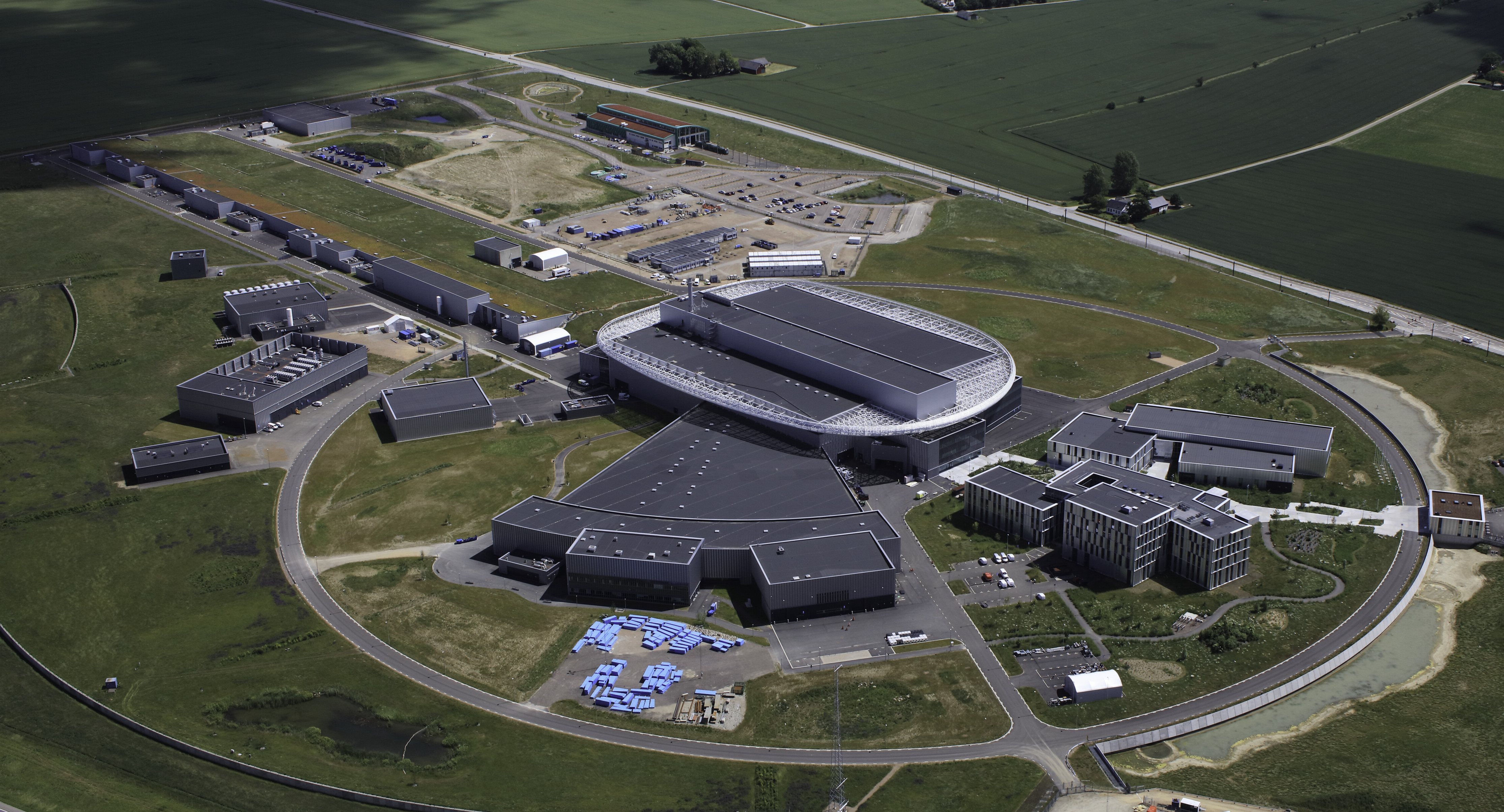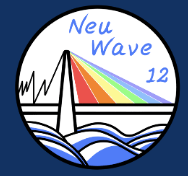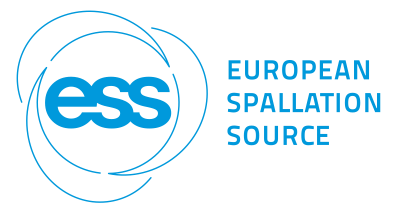This meeting is hosted by the European Spallation Source.
ESS (European Spallation Source ERIC) is a research facility under construction in Lund, Sweden, with its data management and software centre in Copenhagen, Denmark.
When completed, ESS will be the world’s most powerful accelerator-based neutron source to study the structure and behaviour of matter at the atomic level.
Every year, thousands of researchers from academia and industry will use the ESS facility to learn more about materials and biological systems, unlocking discoveries and driving innovative solutions to tackle global challenges, from energy to healthcare and sustainability.
Built by 13 countries (Czech Republic, Denmark, Estonia, France, Germany, Hungary, Italy, Norway, Poland, Spain, Sweden, Switzerland and the United Kingdom), ESS is Europe’s flagship big-science project, with technical components built at more than 40 European research institutes and with the contribution of know-how from more than 100 laboratories and experts worldwide.
 ESS
ESS
Neutron Science for a sustainable world
ESS (European Spallation Source ERIC) is a research facility under construction in Lund, Sweden, with its data management and software centre in Copenhagen, Denmark. When completed, ESS will be the world’s most powerful accelerator-based neutron source to study the structure and behaviour of matter from the atomic to the macroscopic level.
Every year, thousands of researchers from academia and industry will use the ESS facility to learn more about materials and biological systems, unlocking discoveries and driving innovative solutions to tackle global challenges, from energy to healthcare and sustainability. Built by 13 countries, ESS is Europe’s flagship big- science project, with technical components built at more than 40 European research institutes and with the contribution of know-how from more than 100 laboratories and experts worldwide.
ESS Road to Science
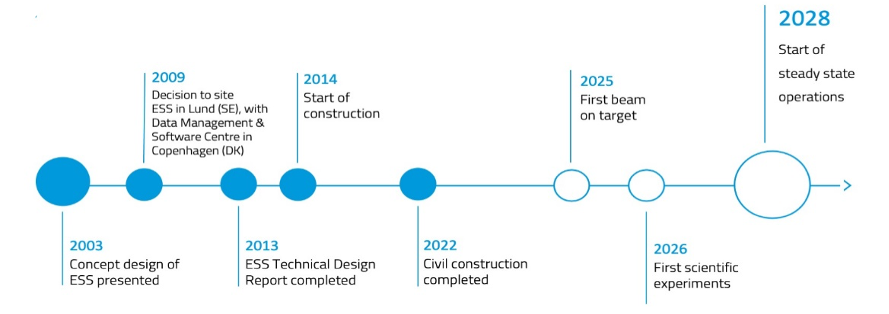
How ESS works
Research with neutrons is complementary to other techniques, providing insights thanks to the capabilities of going deep into materials and straight through metals. Neutrons have a high sensitivity to light elements like for example hydrogen, which is important in biological systems, and lithium, present in battery processes. Neutrons are non-destructive and therefore particularly suitable for fragile samples. All these and more properties make neutron science a powerful tool for sustainable solutions, driving innovation in medicine, chemistry, transportation, energy and more.
